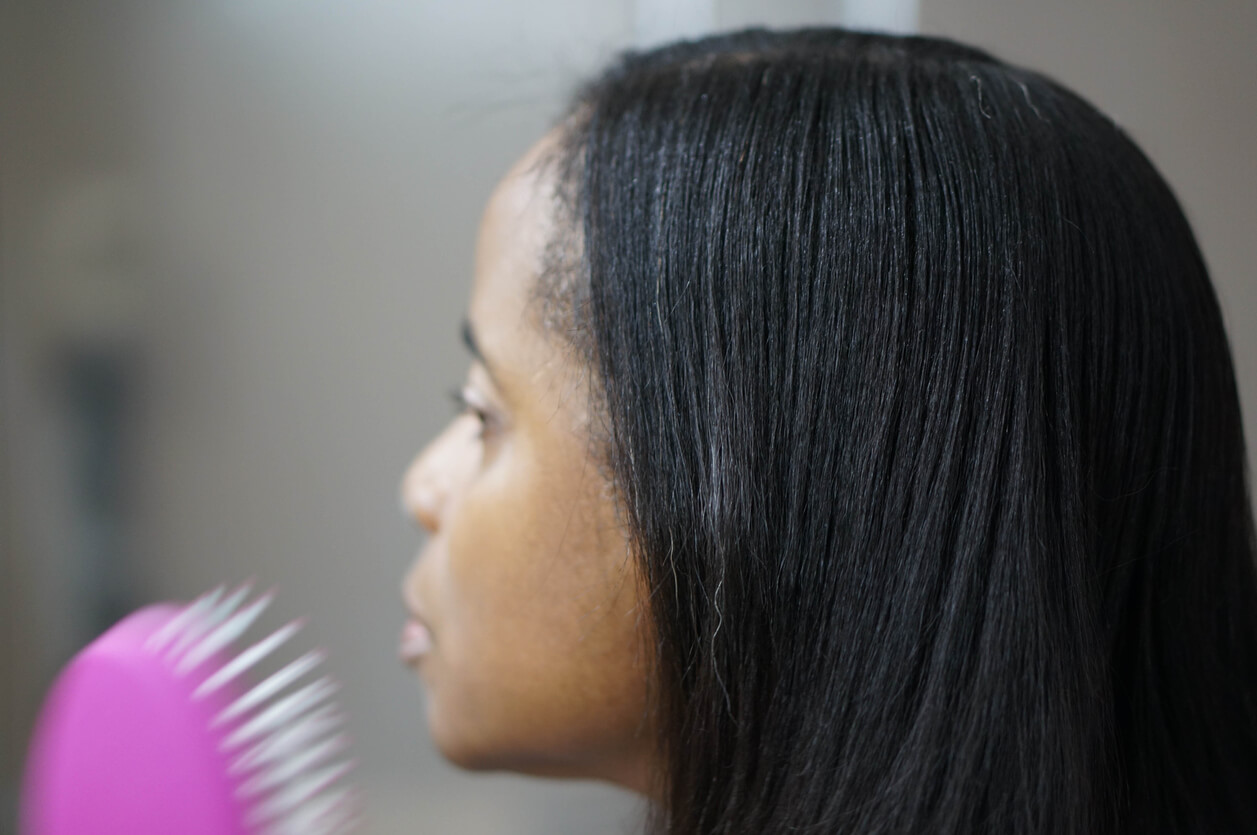Master Complaint Filed in Chemical Hair Straightener Litigation
Editors carefully fact-check all Drugwatch.com content for accuracy and quality.
Drugwatch.com has a stringent fact-checking process. It starts with our strict sourcing guidelines.
We only gather information from credible sources. This includes peer-reviewed medical journals, reputable media outlets, government reports, court records and interviews with qualified experts.

Lawyers representing more than 120 plaintiffs in a multidistrict litigation case against chemical hair straightening manufacturers recently filed a master complaint outlining the allegations against more than a dozen companies.
Named in the chemical hair straightener lawsuit are 15 manufacturers, including well-known brands such as L’Oreal, SoftSheen, Revlon, Luster and Sally Beauty. All are accused of knowing the dangers their products could cause to consumers and that they failed to warn them.
The complaint alleges the defendants “manufactured, sold, distributed, advertised, and promoted toxic hair relaxer products that caused Plaintiffs to develop cancers and other injuries.” It also states plaintiffs are seeking compensation for “punitive damages, monetary restitution, medical monitoring and equitable relief.”
Much of the 82-page complaint details the allegations in the hair straightening marketing practices and product liability litigation being held in the Northern District of Illinois.
Chemicals That Affect Hormones Not Disclosed
Studies have linked harmful endocrine-disrupting chemicals, such as phthalates in chemical hair relaxer solutions, to reproductive problems, uterine cancer, breast cancer, uterine fibroids, endometriosis and preterm delivery.
The presence of the EDCs, which affect the body’s hormones, was not disclosed on product labels. Plaintiff’s lawyers say the lack of disclosure is a violation of state and federal laws.
Companies advertised the chemicals as “gentle,” “healthy” and “natural.” They targeted people of color, including children, the complaint states. As many as 90% of Black women have used a chemical hair straightener product, according to the allegations.
“Defendants’ marketing efforts, all have a common theme, they are filled with representations and insinuations that their hair relaxing products are safe and beneficial to the user,” the complaint states. “The use of words such as organic, natural, nourishing, added protection or healthy in their marketing and can lead a consumer to believing these hair relaxer products are safe when in fact they are not.”
There have been no settlements or jury verdicts in the cases yet, though some lawyers estimate settlements could be anywhere from $100,000 to $1.5 million. Experts based these figures on similar product liability claims.
A litany of lawsuits was filed against makers shortly after a National Institutes of Health study released in October 2022 linked chemical hair straighteners to an increased risk of cancer. Women who used the products more than four times a year were more than twice as likely to develop uterine cancer, according to the study.
That same month, L’Oreal responded to the lawsuits stating it stands by the safety of its products and saying, “lawsuits filed against us have no legal merit.”
Cancers Linked to Chemical Hair Straighteners
The top two cancers linked to chemical hair straighteners are uterine cancer and breast cancer. Endocrine-disrupting chemicals are to blame for the increased risk, researchers found.
A greater proportion of Black women reported using hair straighteners, researchers said. EDCs can affect people in different ways, depending on the chemical and the volume of exposure.
Other health problems can include:
- Difficulty breathing and swallowing
- Nausea, headaches and dizziness
- Nose and throat irritation
- Red or burning skin
Dangerous chemicals in hair straighteners include cyclosiloxanes, formaldehyde, parabens, diethanolamine, sodium hydroxide, phthalates, triclosan and benzophenone-3, which have been linked to cancer, fibroids and endometriosis, according to California’s Department of Toxic Substances Control.


